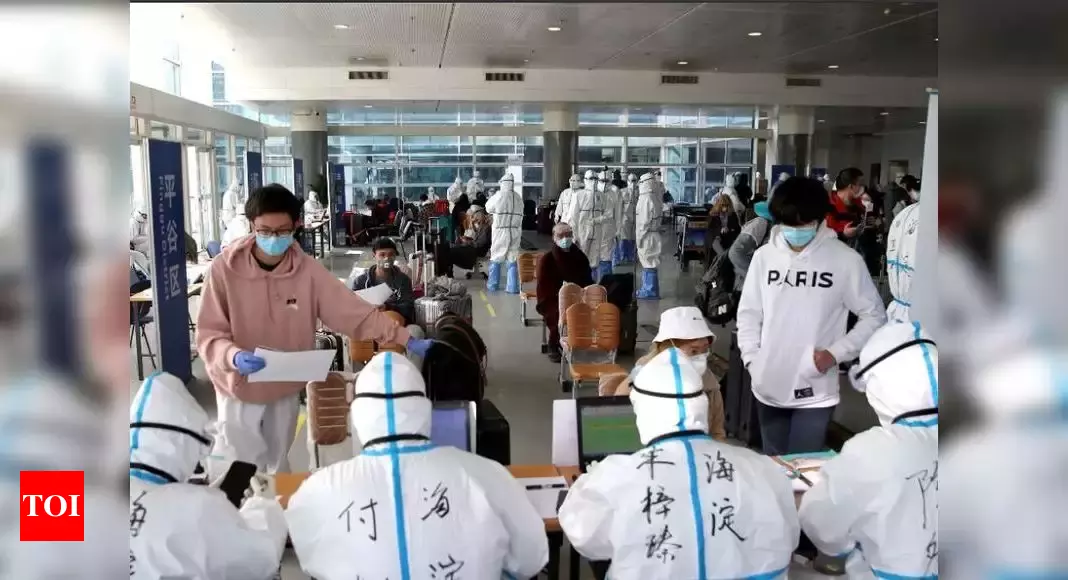China on Thursday reported no new local infections for the first time since the coronavirus crisis began three months ago, reaching a milestone in its battle with the deadly outbreak that has upended daily life and economic activity around the world.
As governments in Italy, the United States and elsewhere grapple with the pandemic, China has hailed its success as evidence of what can be achieved when a vast, top-down bureaucracy that brooks no dissent is mobilized in pursuit of a single target.
Covid-19 pandemic: Latest updates
If Thursday’s numbers are more than a statistical blip, it would represent a remarkable turnaround for the Chinese government, which drew widespread public outrage when officials initially concealed and mismanaged the outbreak, even punishing the doctors who sought to raise the alarm.
Those missteps, critics say, allowed the virus to spread uncontrolled across the city of Wuhan in central China, forcing the government to impose draconian travel and quarantine restrictions over hundreds of millions of people that could have been avoided.
More on Covid-19
While Beijing’s sledgehammer approach — seen by many as a brutal experiment unprecedented in size and scope — worked to quickly lower the number of infections, the price in human trauma and economic loss was severe.
And China is not out of danger from a revived contagion and instability. A vast swath of the country’s populace has been embittered by how the ruling Communist Party has handled the scourge. Questions have been raised about the accuracy of China’s statistics. And even if zero local infections has been achieved, that does not mean zero new cases.
Officials said Thursday that 34 new cases had been confirmed among people who had arrived from elsewhere, pointing to how difficult it will likely be for China — or any country — to keep the virus completely out. Within China, many provinces and cities have essentially shut themselves off to travelers, raising the question of whether the virus will reemerge once such barriers are lifted and people begin crisscrossing the country again.
“It’s very clear that the actions taken in China have almost brought to an end their first wave of infections,” said Ben Cowling, the head of the division of epidemiology and biostatistics at Hong Kong University’s School of Public Health. “The question is what will happen if there’s a second wave because the kind of measures that China has implemented are not necessarily sustainable in the long term

